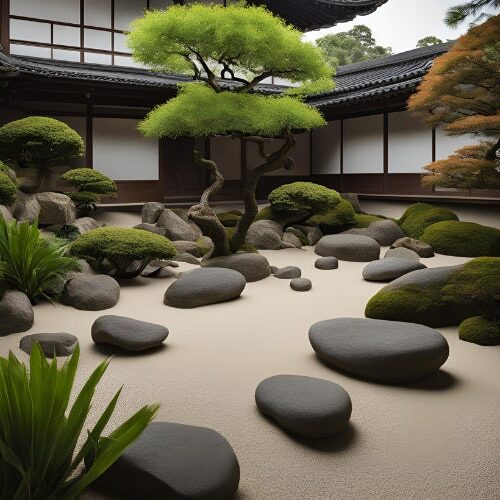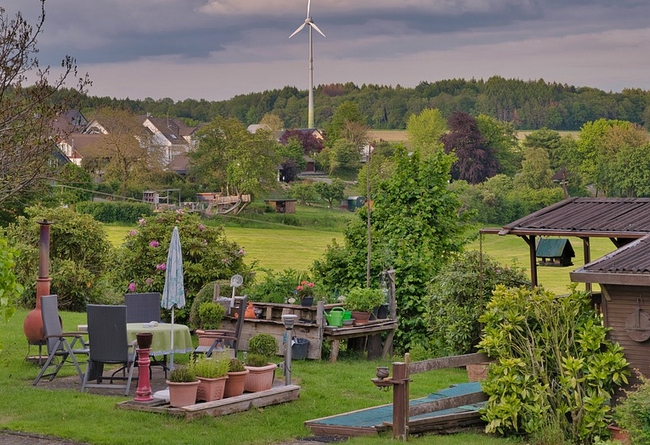Zen gardens, also known as Japanese rock gardens or karesansui, are renowned for their minimalist beauty and meditative qualities. One of the key elements that contribute to the tranquility of these gardens is the harmonious integration of water and rock features. These elements not only enhance the aesthetic appeal but also embody the principles of simplicity, balance, and natural beauty that are central to Zen philosophy.
The Philosophy Behind Zen Gardens
Zen gardens are designed to emulate the essence of nature without directly imitating it. The use of rocks, gravel, and sand symbolizes mountains, rivers, and oceans, fostering a sense of peace and contemplation. Water features, whether real or symbolized through raked gravel, represent the fluidity and impermanence of life, inviting onlookers to reflect on the transient nature of existence.
Integrating Water Features
Water features in Zen gardens are often more suggestive than literal. For instance, a carefully raked gravel bed can symbolize a flowing stream or ocean waves. If you prefer a more literal approach, small ponds or water basins can be integrated to create a focal point. The gentle sound of trickling water enhances the sensory experience, promoting relaxation and mindfulness.
Incorporating Rock Features
Rocks are a fundamental element in Zen gardens, symbolizing stability and endurance. They are often arranged in groups to represent mountains or islands, with their placement carefully considered to create a balanced composition. The selection of rocks—varying in size, texture, and color—adds depth and character, encouraging viewers to engage with the space from different perspectives.
Creating Your Zen Garden
Designing a Zen garden requires thoughtful planning and a keen eye for detail. Begin by selecting a suitable location that offers a peaceful setting. Consider the scale of your garden and select rocks and water features that complement the space. Balance is key; avoid overcrowding the garden with too many elements. Instead, focus on creating a serene and open space that invites contemplation.
For those seeking professional assistance in creating their Zen garden or maintaining their landscape, it’s advisable to consult with local experts. To find services for Lawn Care near me, consider reaching out to reputable landscaping companies that specialize in Japanese garden design.
Conclusion
Zen gardens offer a retreat from the chaos of daily life, providing a space for meditation and reflection. By thoughtfully integrating water and rock features, you can create a garden that not only enhances your outdoor space but also enriches your spiritual well-being. Whether you choose to create a Zen garden yourself or seek professional help, the journey towards creating this tranquil oasis is a rewarding endeavor.





